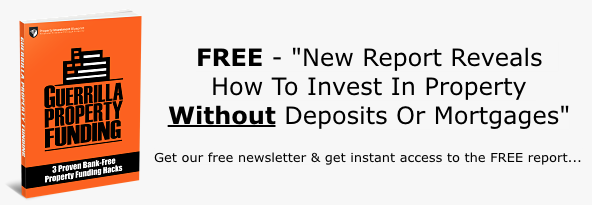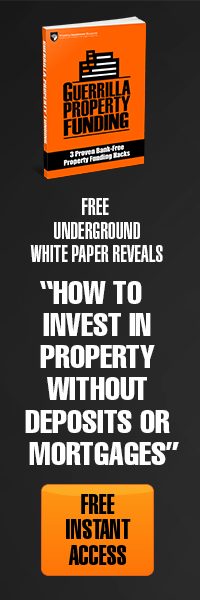
Stamp Duty Rates: Can You Avoid Or Reduce It?
Stamp Duty Rates: Can You Avoid Or Reduce It?
Anyone buying a house today which has been valued at more than £125,000 will have to add stamp duty, or Stamp Duty Land Tax (SDLT) to give it its full title, to their overall bill.
Stamp duty, regarded by many as the UK's worst tax, is a lump sum tax paid to the government, the rate of which changes depending on the price of the property purchased. For example, if the value of the property is below £125,000 there is no stamp duty but if the purchase price is between £125,001 and £250,000 then, stamp duty will be 1% of that price.
If the buyer of a three bedroom town house agrees on a purchase price of £250,000 for example, then he or she will also have to pay a further £2,500 in stamp duty. However, if the agreed price for a house sale is in between £250,001 and £500,000 then the stamp duty rises to 3% and for the same house, if valued at £250,500 is a much more substantial £7,515.

A house worth just over £500,000 will have a tax of £20,000+ because properties valued in between £500,000 and £1 million are subject to a rate of 4%. This rises to 5% for properties priced in between £1 million and £2 million. The final rate is 7% for properties that are valued at more than £2 million, unless, that is, they are bought by corporate bodies which must pay 15%.
Does stamp affect prices?
Inevitably those stamp duty rates bands affect the purchase prices of properties. Few sellers will put their houses on the market at the lower end of one of the higher bands knowing that the increased rate in stamp duty will be more than enough to put off buyers.
You are very unlikely to find many houses for sale at or around £250,500 for example. Inevitably, this leads to some sellers increasing their asking prices rather than lowering them (and often struggling to find buyers in the process) whilst others feel forced to sell their houses for less than they would like. This in turn, of course, affects the value of the property they wish to buy and so the struggle continues.
Can you avoid stamp altogether?
The good news is that there are ways to cut the costs of stamp duty. In fact, until April 2013 it was possible to avoid it all together by buying a house valued at below £125,000 in a deprived area. The government had hoped that this exemption scheme would help to rejuvenate these areas by bringing in young professionals. However, the scheme, deemed a failure despite 30,000 house sales resulting from it each year, has been scrapped.
Anyone who has bought a property which fits the criteria before April 2013 has until May 2014 to make a claim. You can find out if your property is in an area designated disadvantaged by consulting the HM Revenues and Customs website.
How to duck under the threshold
Another very effective way to lower the cost of stamp duty is to instruct your solicitor to make separate charges for fixtures and fittings. This means that sellers can negotiate a price that is into a higher stamp duty band but their buyers will pay less for the house itself, which is subject to the tax and a separate sum for the fixtures and fittings which are not.
Yes, it is a loophole but a perfectly legal one and it means that you can still sell your house for more than £250,000 for example but your buyer will pay the 1% rate of £2,500 rather than the 3% rate of £7,500+.
One word of warning though, with house prices so high and once again rising and stamp duties themselves liable to change, all prospective buyers would be wise to calculate their costs very carefully. Falling behind with your mortgage repayments may lead to a bad credit rating and the need to seek national debt relief programmes at a later date.
Note: while the figures in this article are correct at time of writing, rates are of course subject to change. Check the HMRC site to confirm the latest rates.
<< Back to Financing Investment Property from Stamp Duty Rates
<< Back to Property Investment Blueprint from Stamp Duty Rates



